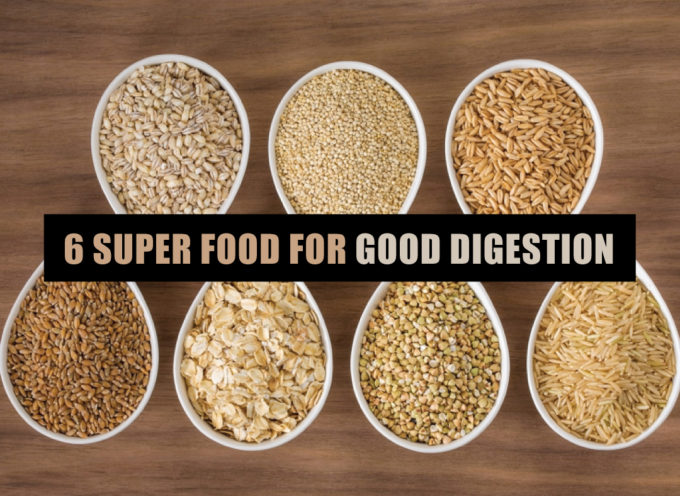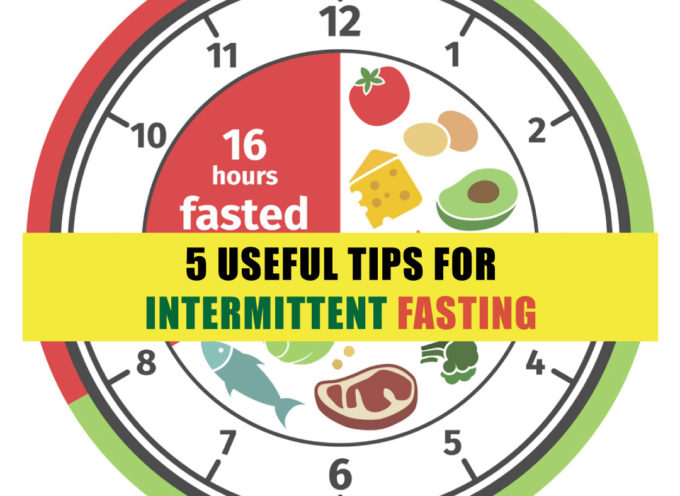Just as diet can have a positive or negative impact on the heart, brain and bone health, your colon’s overall health can be affected by what you eat too. The colon is a crucial part of the digestive system in our body and many different conditions can cause it to work improperly sometimes.

FIBER
Fiber rich food is a great choice for a healthy colon. Eating a good amount of high-fiber foods like berries, bananas, prunes, peas, broccoli, beans, celery and whole wheat bread is a great start to cleanse the body. Other fiber rich whole grains include brown rice and whole wheat breakfast cereals. Fiber keeps food waste moving along your digestive tract, which helps your intestines stays perfectly clean and can decrease your risk for colon disease.
GO TOILET
If you feel a bowel movement coming, head for the toilet and let it go. If you try to hold it in, built-up fecal matter can release toxins into your body, which has the potential to cause diverticulosis and IBS. Regular bowel movements is one of the ways your colon keeps itself clean and healthy.
WATER
No proper hydration can lead to a buildup of toxins in the body. As those toxins accumulate, the risk for constipation, bloating, gas, and fatigue increases. If you’re trying to keep your colon healthy, try to drink 8 glasses of water in a day to cleanse your body!

EXERCISE
When you’re trying to keep your colon healthy, exercise is a huge part of the equation. By increasing blood flow and circulation through exercise, your colon gets more oxygen. This may help ward off colon cancer and other diseases too. Your fitness routine doesn’t need to be extreme. Stretching, doing yoga or walking for 10 to 15 minutes a day is sufficient to help keep your colon healthy.
COLONOSCOPIES
Although a colonoscopy is by no means a fun experience, it’s essential in the prevention and early detection of colon cancer. For individuals over age 50, a colonoscopy is a necessary step in maintaining colon health. Ask your doctor about a colonoscopy if you are experiencing on-going diarrhea or constipation, as these can be signs of colon and intestinal problems. A colonoscopy can aid in proper diagnosis of your condition.
![]()








No comments!
There are no comments yet, but you can be first to comment this article.